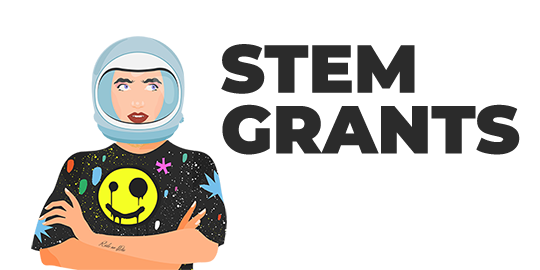Facilitator of Polar STEAM – up to $700,000 – Due Feb 25 2022
EPSCoR Research Infrastructure Improvement Program: Track-2 Focused EPSCoR Collaborations – Awards vary – Due Jan 31 2022
December 17, 2021Fluid Power Action Challenge Grants – $500 – Due year-round
December 17, 2021Sponsored by National Science Foundation, Office of Polar Programs, and Directorate for Education and Human Resources
Eligibility: Public, Private, Other (including homeschool, 501 (c)(3) organizations)
Award(s): One cooperative agreement up to $700,000 is awarded in the first year, with potential for five years of funding. Additional funding may be provided for approved essential supplemental activities.
Deadline(s): Applications are due February 25, 2022.
Focus: Community Involvement, Engineering, Humanities, Professional Development, STEM/STEAM/STREAM, Technology Education/Computer Science, Technology Equipment/Devices, Underserved Populations/At Risk
Grade Level(s): 6-8, 9-12, Adult, Higher Ed
Content Area(s): Arts, Mathematics, Science
Themes and Skills: Critical Thinking, Environmental Literacy, Information Literacy, Problem Solving
State(s): National
Description: The National Science Foundation (NSF) seeks proposals to manage all aspects of a new polar science, technology, engineering, arts, and mathematics (Polar STEAM) initiative that fosters engagement, collaboration, coordination, and creative thinking among artists, educators, researchers, writers, and the general public. Goals are to reach diverse audiences with events, information, materials, and resources that inspire and engage middle, high school, and postsecondary students, their teachers, and the general public with ongoing scientific research in the Arctic and Antarctica.
The scope of work includes the following components:
• Antarctic Artists and Writers program for humanities scholars to complete artistic and writing projects that increase the public’s appreciation and understanding of the Antarctic.
• Polar Educators program with in-person and virtual professional development opportunities for middle school, high school, postsecondary, and informal science teachers to work with polar scientists in Antarctica or the Arctic.
• There is a priority to promote diversity, equity, and inclusion in Polar STEAM programs. Participation of a broad range of educators is expected, including faculty from community colleges and Minority-Serving Institutions that are also primarily undergraduate institutions. Women, early career researchers, members of underrepresented groups, veterans, and persons with disabilities are encouraged to participate as principal investigators.
• Innovative partnerships are expected to integrate the Antarctic Artists and Writers and Polar Educators programs with related NSF programs. Other collaborations and partnerships are encouraged.
Contact: Elizabeth L. Rom, Program Officer
National Science Foundation
Directorate for Geosciences
Division of Ocean Sciences
2415 Eisenhower Ave.
Alexandria, VA 22314
Phone: 703.292.7709
Email: polarsteam@nsf.gov
Valentine H. Kass, Program Officer
Directorate for Education and Human Resources
Phone: 793.292.5095
Email: polarsteam@nsf.gov
Website: https://beta.nsf.gov/funding/opportunities/facilitator-polar-steam-polar-steam
